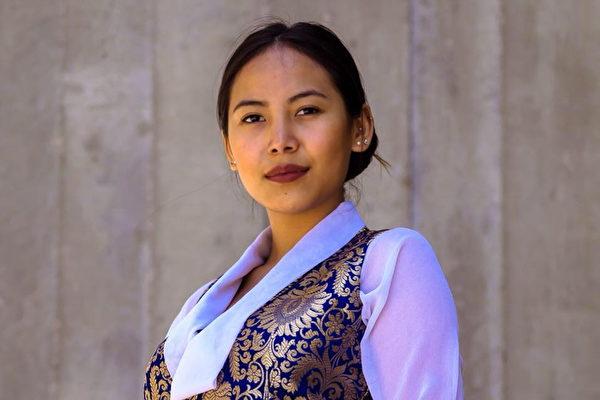Commentary
Perhaps the biggest news in Canadian-Chinese communities last week was two incidents involving Chinese students in Canada.

Perhaps the biggest news in Canadian-Chinese communities last week was two incidents involving Chinese students in Canada.